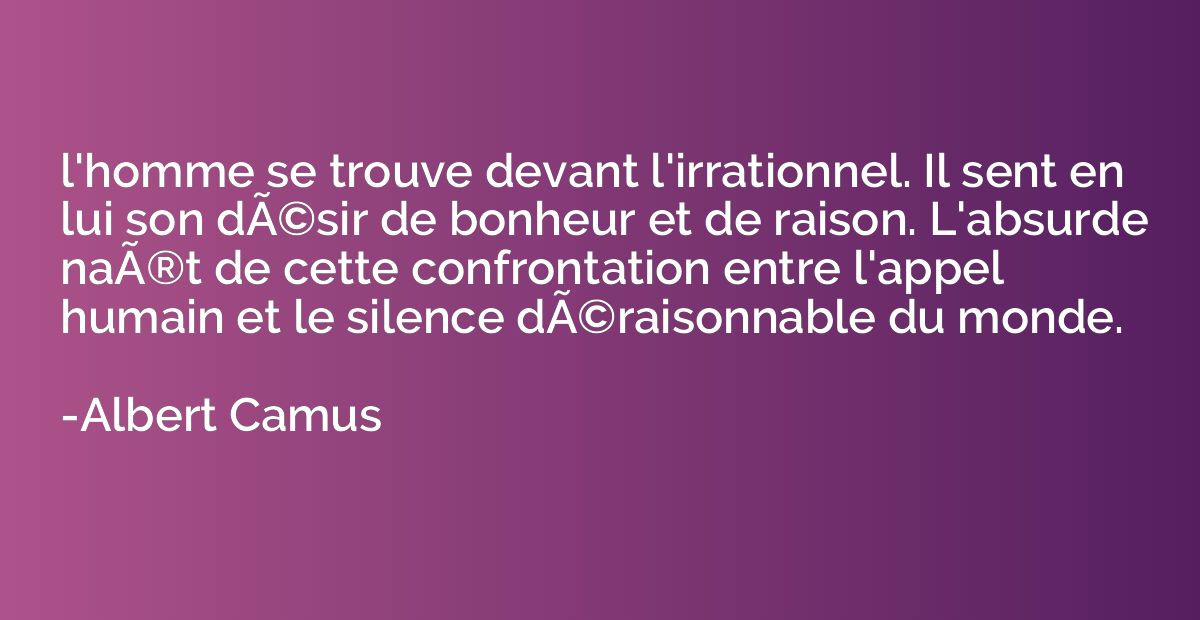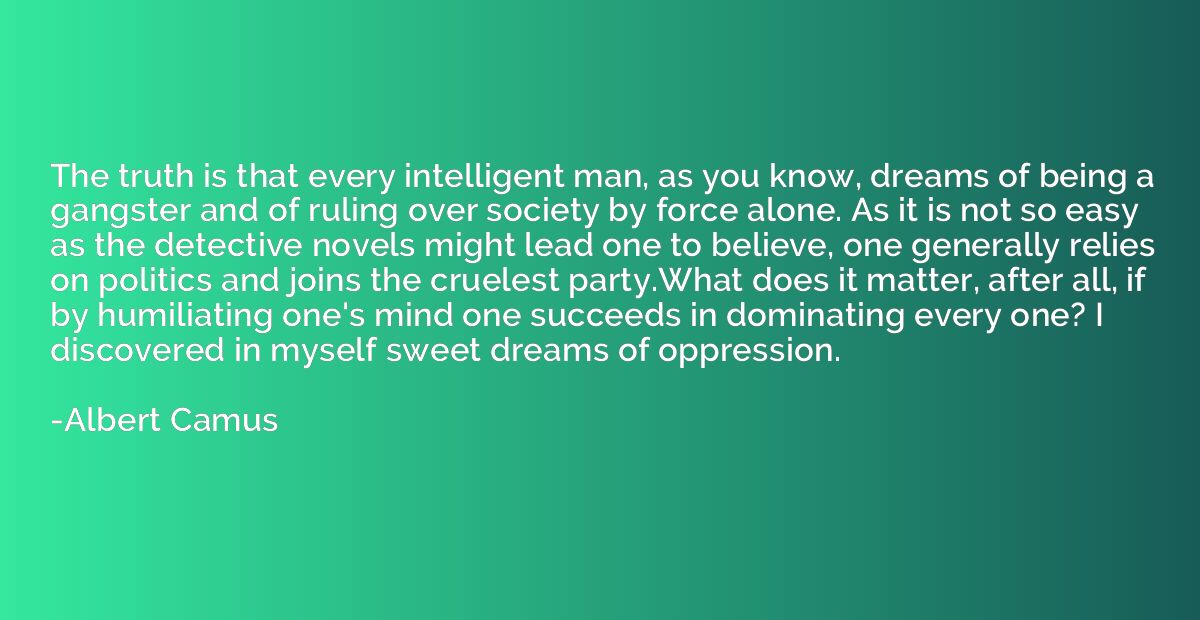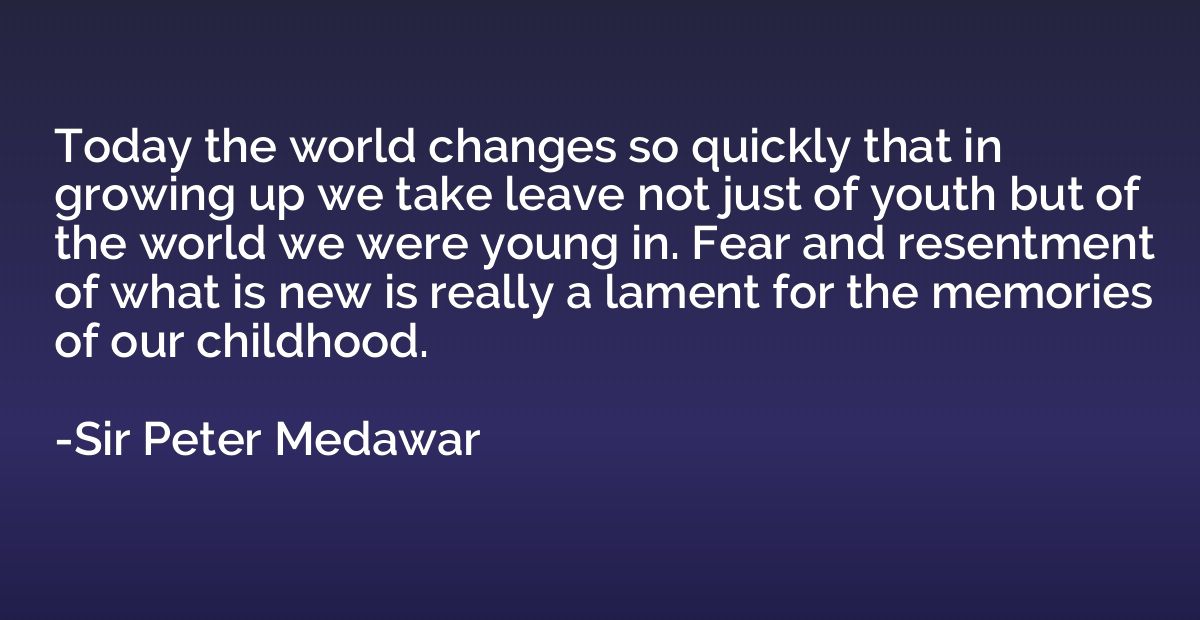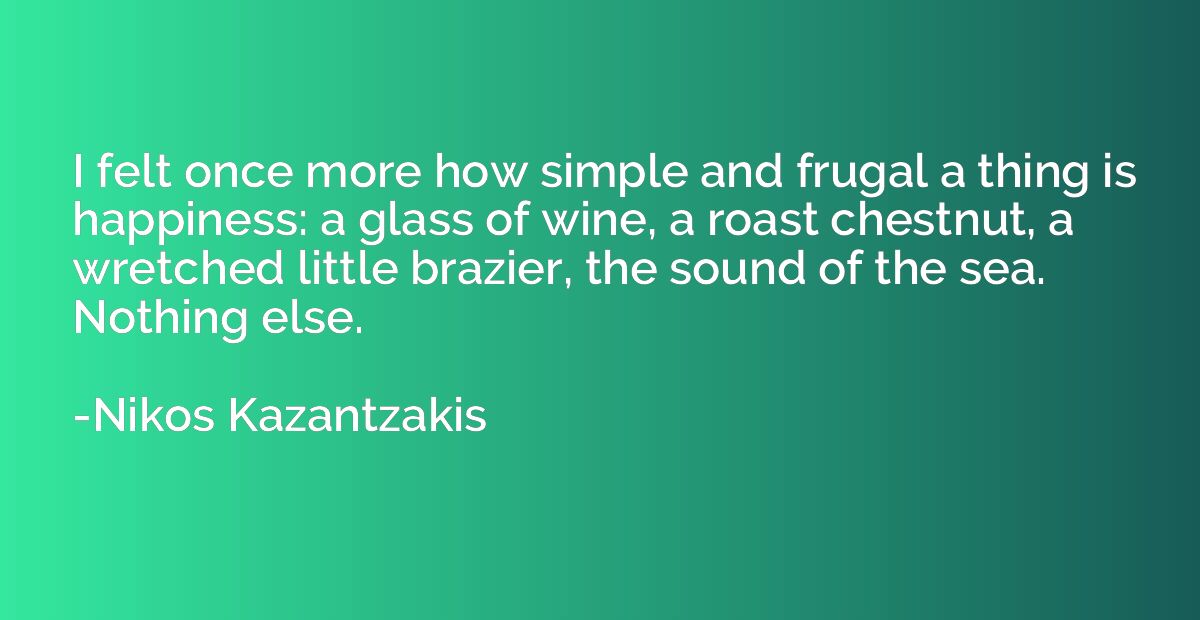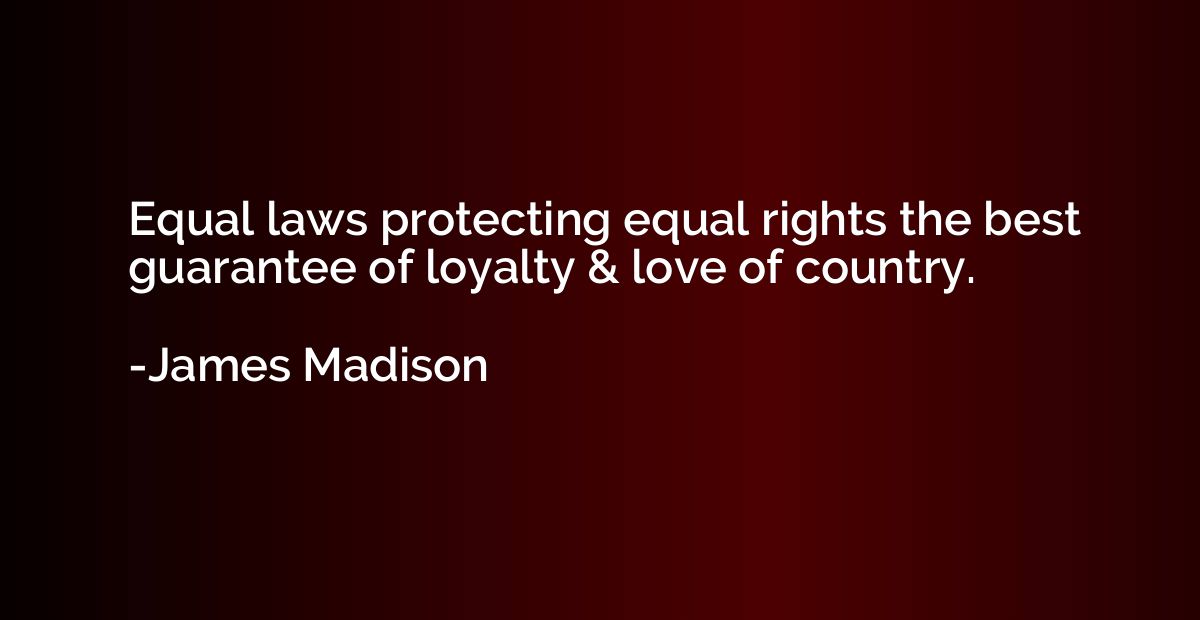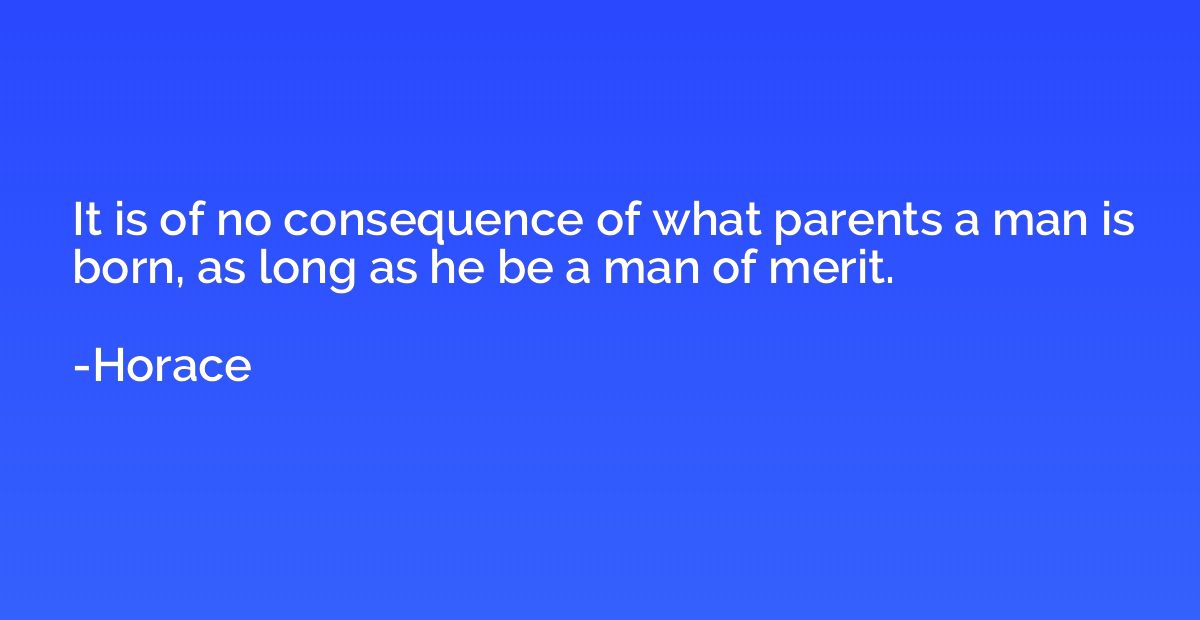Quote by Thomas Jefferson
If a nation expects to be ignorant and free, in a state of civilization, it expects what never was and never will be. The functionaries of every government have propensities to command at will the liberty and property of their constituents. There is no safe deposit for these but with the people themselves; nor can they be safe with them without information. Where the press is free, and every man able to read, all is safe.
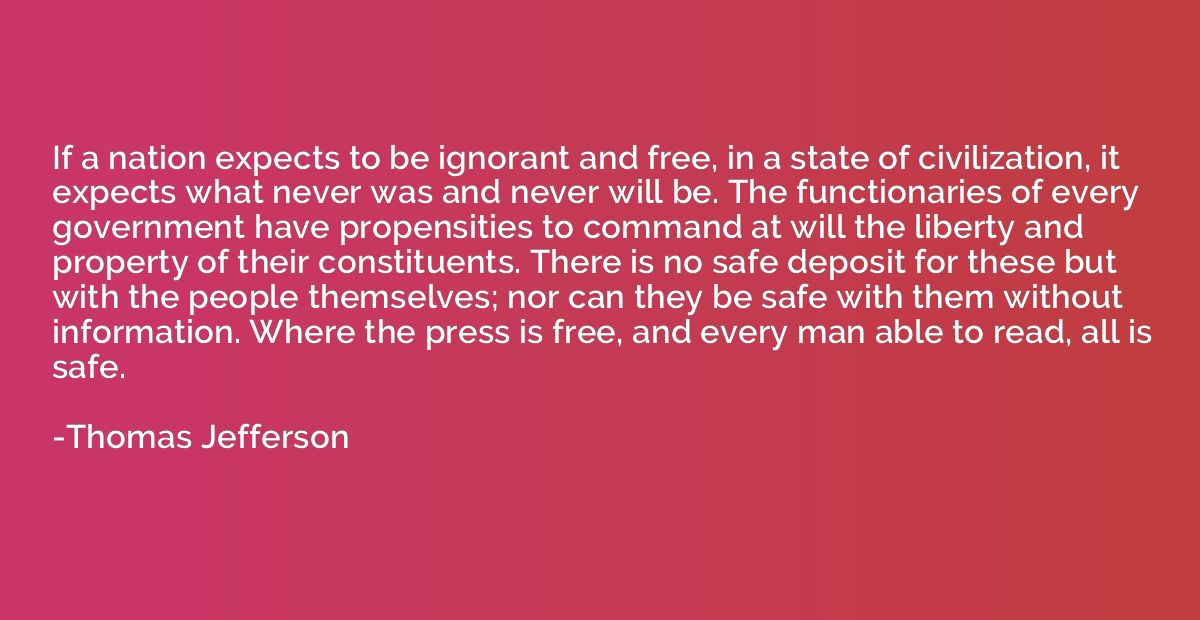
Summary
This quote by Thomas Jefferson emphasizes the vital relationship between an informed citizenry and the preservation of freedom in a civilized society. Jefferson argues that a nation cannot both remain ignorant and expect to be free. He highlights the tendency of government officials to exploit their power and infringe upon the liberties and property of their constituents. According to Jefferson, the key to safeguarding these rights lies in the hands of the people themselves, who must possess the necessary information and have access to a free press. Only when individuals are equipped with knowledge and can freely access and share information can a society ensure its safety and liberty.




